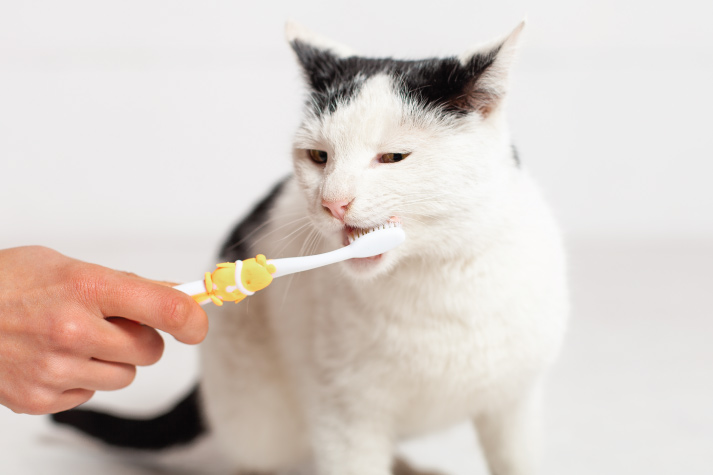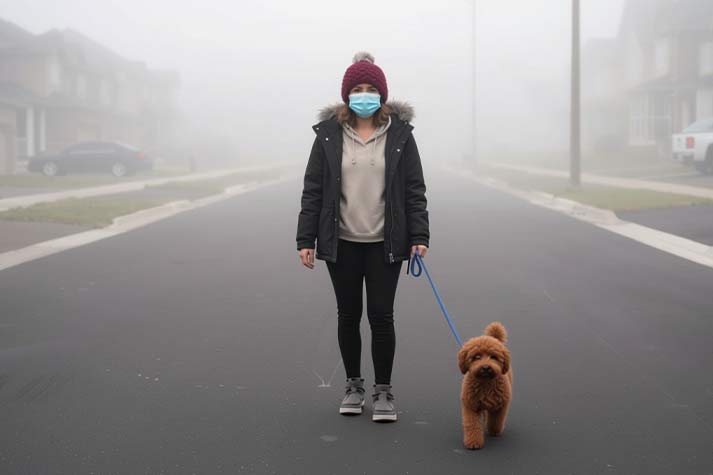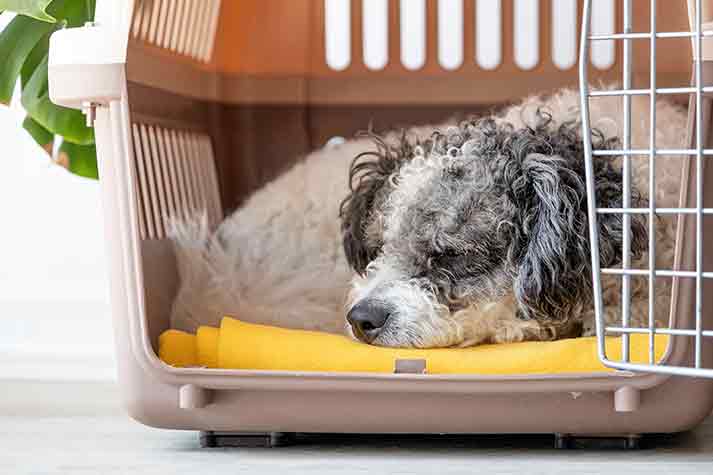
29 Feb
Why is Dental Care for Cats Important?
As a new or previous pet parent, you are likely to receive a plethora of advice regarding your pet from strangers and friends alike. While most pet parents do well to cater to their pet’s sanitation and dietary requirements, dental hygiene is an area which is often overlooked. Cats clean themselves, so it stands to reason that their teeth do as well, right? Well, not quite. As it happens, you will need to supervise your cat and make sure their dental health is in order. If not, it’s time to book a vet visit as soon as you can.
Periodontal Disease and its Effects
While cats do clean up after themselves and prefer to be groomed by their own hands, their teeth are an area where owner assistance is required. Dental health is among the most ignored areas of pet care, which is surprising considering the consequences of ignoring it are immense. The inflammation and swelling of gums and bones around teeth is known as periodontal disease; it causes tooth loss and bacterial infections which can spread to vital organs, which are all far from ideal.
Unfortunately, periodontal or gum disease is often undiagnosed, as most of it lies under the gumline, invisible to the eyes of a pet parent. While your cat will not be able to vocalize its discomfort to you, there are a few symptoms that you can look out for.
If you spot any of these symptoms, head to a vet immediately:
- Broken teeth
- Loss of teeth
- Discolouration of teeth
- Incessant drooling
- Abnormal chewing
- Bleeding gums
- Lowered appetite
The simplest way to prevent the buildup of plaque and tartar, and prevent periodontal disease is by brushing. Much like yourself, your cat will benefit from regular brushing and oral maintenance, which can be complemented by regular visits to your vet for oral checkups. As experts in pet healthcare, vets will be able to guide you through the process of preventive care and help guide you towards the most efficient and effective methods of gum maintenance.
How to Spot Mouth & Gum Disease
While periodontal disease can be difficult to spot due to it being located under the gums, there are steps you can take to minimize the risk of disease and promote tooth and gum health. Brushing is a great place to start, which can be complemented by chewable treats (which help scrape off plaque), a change in diet, mouth rinses, and tools like a dental finger brush to reach those tough-to-clean spots. If you’ve been cleaning your cat’s teeth and gums but still face persistent issues, you should probably consult your vet and select a treatment method that suits the two of you. For deep-rooted issues, a thorough dental cleaning may be required. Such cleaning is performed by a veterinarian’s clinic. Under general anaesthetic, your cat will first undergo a general health checkup much like they would before pet travel. Along with a few blood tests, the vet will take a few dental X-rays to evaluate your pet's dental health, after which the cleaning will begin.
The cleaning will involve scaling first, which is the removal of tartar and plaque buildup from above and below the gumline. Once that is complete, the teeth will be polished, before being treated with antibacterial or fluoride-enhanced treatments. These treatments make sure there is no infection which can pose a problem further down the line. In some cases, a tooth cannot be cleaned or salvaged and has to be extracted instead, and in this case, the vet will perform a root canal. Depending on how the cleaning process went for your cat, your vet may prescribe a course of antibiotics if any infections are found, and a set of painkillers to numb the pain.
Choose Your Vet Wisely
It is obvious that each pet parent only wants the very best for their pet, both in terms of care and lifestyle. However, such a process can cost a pretty penny, so you may see the costs of such a process and decide against it or opt for a non-professional dental cleaner. Please do not do this. Incorrect cleanings and dental procedures will leave you with purely cosmetic cleaning at best, and further complications at worst. Given the risks posed by periodontal disease and incorrect cleaning techniques, it is advised you only get a licensed vet to conduct this process. While it may be tempting, other alternatives will merely exacerbate the issue and leave you with an even bigger problem for later.
To conclude, while it may seem insignificant in the grand scheme of things at first sight, your pet’s dental health is rather important and must be looked after. Along with the usual vaccinations, rabies titer tests, pet crate training, and pet microchipping, your pet’s dental care is just as important to look after. Make sure to choose an appropriate vet and maintain your pet’s teeth, and you should have no issues whatsoever.






AUTHOR’S BIO
Carry My Pet
Passionate pet enthusiasts and globetrotters, dedicated to easing furry friends' journeys worldwide. Penning tales of compassion at CarryMyPet, where every relocation is a tail-wagging adventure.